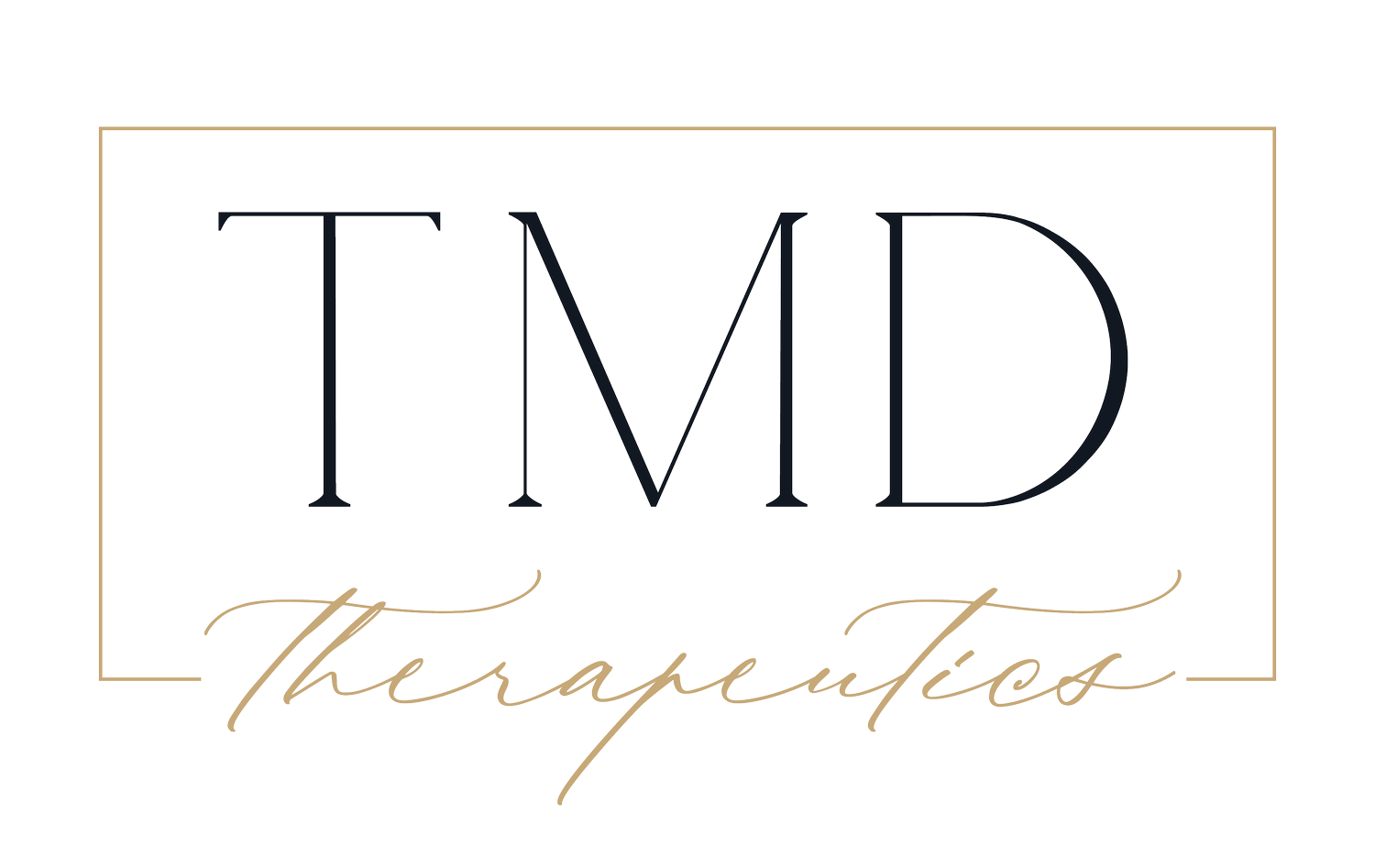
Focused on your care and well-being.
About TMD Therapeutics
We are proud to be Atlantic Canada’s largest and longest established Orofacial Pain and temporomandibular disorder (TMD) clinic. Since 2005, we have been treating a variety of facial pain conditions, including temporomandibular joint (TMJ) dysfunction, muscle and soft tissue disorders, headaches and neurological pains, using a non-surgical, evidence-based and diagnostically-driven therapy approach.
Our ability to manage TMD and facial pain has led to a thriving clinic that welcomes patients from all over Atlantic Canada. Patients can refer themselves or can be referred by their primary dentist, medical doctor or other treating practitioner to our clinic. Learn more about booking an appointment.
Our clinic has been built on integrity, respect, compassion, empathy, teamwork, and loyalty. Our caring team of professionals is here to help improve your health and well-being by providing an accurate diagnosis, education about your symptoms and a range of treatment options.
What are the symptoms of TMD?
Your jaw is one of the most frequently used joints in your body. Pain and dysfunction of the TMJ and surrounding soft tissues affect eating, drinking, talking and many normal daily activities, which is why TMD health is so important. Other symptoms, such as chronic headaches, migraines, tension headaches, dental pain from tooth clenching and/or grinding (bruxism), and nerve pain (neuropathy), can negatively impact your quality of life. Consider a visit to our clinic if you have any of the following symptoms:
Discomfort or pain sensation in your jaw joint (TMJ)
Pain and tenderness of your jaw
Aching around your ear or temples
Tinnitus
Headaches
Myofascial pain and trigger points of the head, neck and jaw
Surrounding face and neck pain
Locked or restricted jaw
A sensation that your bite feels off
Clicking, popping or grinding sounds while you are chewing
Fatigue, pain or discomfort when chewing or drinking
Joint dislocation or open locking of the jaw
Learn more about booking an appointment on our referrals page.
What are the causes of TMD?
There can be many causes of TMD (temporomandibular disorders), often involving treating the relationship between the upper and lower teeth to the temporomandibular joints and supporting ligaments and associated musculature. Just as nutrition affects teeth and joints, other contributing factors may include:
Trauma: Direct and indirect trauma to the masticatory structures and upper teeth can lead to TMD, head, neck and facial pain. Strains, sprains and injuries can lead to both pain and dysfunction.
Improper occlusion: Occasionally, when teeth do not fit together properly, it causes sustained joint microtrauma. When this condition is prolonged, the body begins to compensate by involving muscles in other areas, such as the neck, throat and upper back.
Muscle hyperactivity: This goes hand in hand with internal jaw joint problems. Any condition that prevents the complex system of muscles, bones and joints from working together in harmony can contribute to TMD. Various ways this system can be disrupted can include trauma, connective tissue disorders, arthritis or skeletal malformation
Posture: Poor posture places unnecessary wear and tear on all the joints, including the jaw joints. Over time, the consequences of postural neglect can be as damaging as an injury.
Stress: Increased physical and emotional stress is another factor that impacts patients as it reduces the adaptive capabilities of the jaw. Some patients unconsciously clench their teeth in response to increased stress. Chronic clenching and bruxing create strain on the TMJs and muscles, which can exacerbate TMD problems.
Lifestyle: There may be certain lifestyle and work modifications that you can make to help improve your prognosis. Our dentists can help assess the impact of your diet, medications, and environment contributing to your pain and educate you on how to improve your symptoms holistically.
Other: Although you may have been diagnosed with TMD, there may be other contributing factors to your facial pain, such as neck problems, headaches and neurovascular pains. It is best to talk directly to your treatment professional about your symptoms to develop an accurate treatment plan.
At TMD Therapeutics, we recognize the emotional and physical toll that TMD has on a person. We also understand that many of our patients have a history of anxiety, depression and post-traumatic stress, which may impact recovery. Our team of empathetic clinicians are here to help you regain your well-being. If you are experiencing one or a number of these symptoms, you may be a potential patient for our clinic.
Please learn more about booking an appointment on our referrals page.
